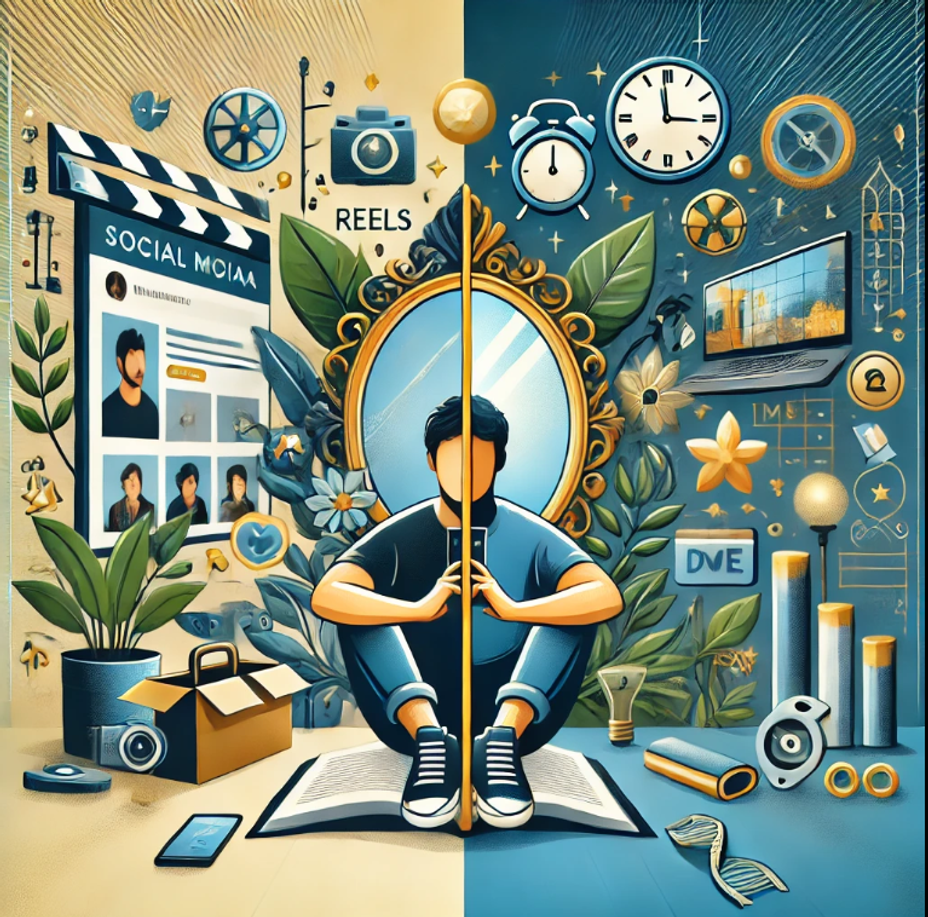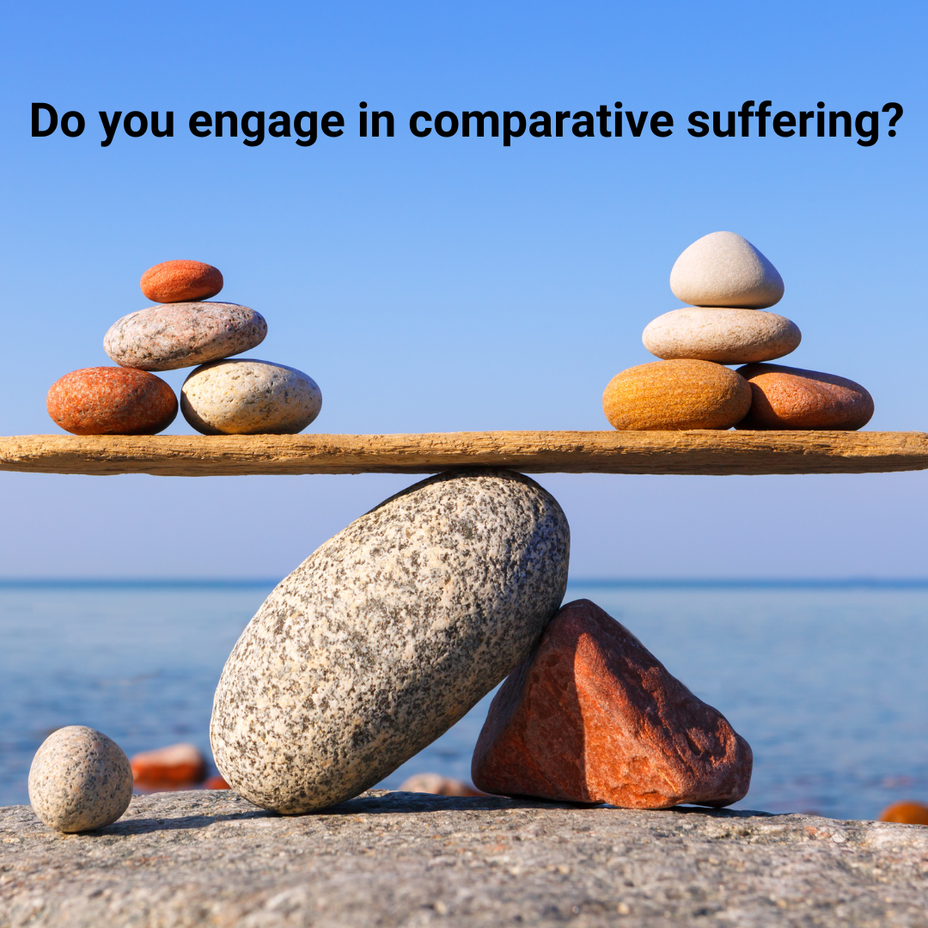Comparison
From childhood, people around us start comparing us with others, whether it’s about academic marks or something else. As we grow older, we begin comparing ourselves to others. Social media has become a major catalyst for this behavior, significantly impacting mental health.
In our daily lives, we come across countless posts, reels, videos, texts, and statuses showcasing the best moments of our friends, relatives, siblings, colleagues, neighbors, or competitors. However, no one shares their struggles or challenges online.
For example:
Your friend might post about buying an expensive phone with a caption like "My new toy!" But what they won’t share is how they’re losing sleep over EMI payments or cutting back on other expenses to afford it.
This is just one example; there are countless such scenarios we see on social media. While we might control ourselves to some extent, it becomes challenging to explain this to the older generation.
Another example:
Imagine you’re an adult, and all your cousins are getting married one by one. Your parents might pressure you with statements like, "You should also settle down. You’re getting older." But perhaps you have career goals to achieve, and your journey requires more time.
If you must compare, do it with yourself. Reflect on how far you’ve come:
How were you five years ago, and how much better are you today?
Did you improve by even 1% compared to yesterday?
Did you learn something new or work on your health?
True growth comes from self-comparison, not measuring your life against someone else’s highlight reel.





